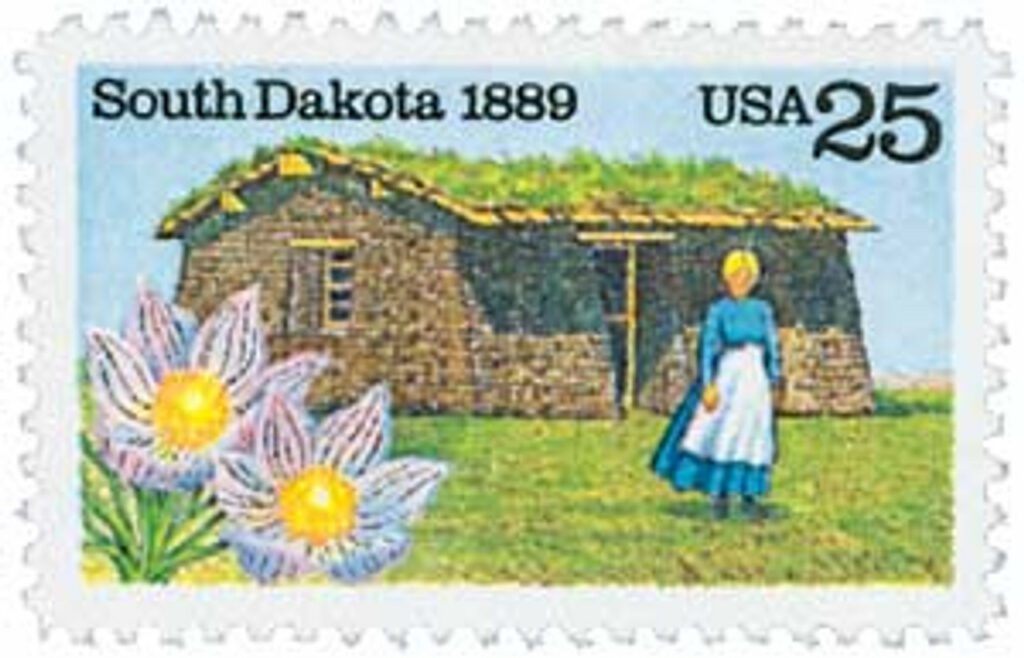Standing in the dusty town square of Springfield, Missouri, on July 21, 1865, Wild Bill Hickok fired a single shot, killing Davis Tutt in what’s considered America’s first Western showdown.
Despite their repeated use in films and books, shootouts weren’t as common in the Old West as one may think. Most confrontations came in the form of drunk bar brawls, and sneaky ambushes were more common than planned showdowns.
But in July 1865, Union Army veteran Hickok was in a heated feud with his former friend, Tutt. The two had a falling-out over a woman and Tutt repeatedly harassed Hickok in the saloon. Tutt then took Hickok’s prized pocket watch as collateral for a supposed debt. When they couldn’t settle the matter, Hickok threatened that Tutt “shouldn’t come across that square unless dead men can walk.”

So on the evening of July 21, the men met in the square, about 75 yards apart. Each drew their guns and fired. Tutt missed entirely, but Hickok got him in the chest, and he died shortly after. A warrant was issued for Hickok’s arrest and he stood trial. By the law of the West, the jury believed Hickok was right to shoot Tutt and found him not guilty. When Hickok’s story was later retold in Harper’s New Monthly Magazine, he became a legend in his own time.
After that, Hickok was involved in several other deadly encounters. In 1867, while serving as a lawman in Kansas, he got into another gunfight and killed two men. He also had a reputation as a US marshal in places like Abilene, where he tried to bring order to rowdy cow towns.
Hickok’s life ended just as dramatically as he lived it. In 1876, he was shot in the back while playing poker in Deadwood, South Dakota. The hand he was holding—aces and eights—became known as the “Dead Man’s Hand.”
Wild Bill Hickok’s first showdown launched him into fame, and his later adventures only added to his legend as one of the Wild West’s most iconic figures.
| FREE printable This Day in History album pages Download a PDF of today’s article. Get a binder or other supplies to create your This Day in History album. |
Discover what else happened on This Day in History.




enjoying this day in history, good work and hope you continue it thanks
“Wild Bill”, William Hickok, Was also a Pony Express Rider, with other riders, became a big part of early American West Hisotory. Keep up the good work Mistic. We Love it.
While he did work for the Poney Express, James Butler “Wild Bill” Hickok never worked as a rider and only worked as a stocktender. Reason being, he was older and heavier than the other riders. https://www.ponyexpress.org/historical-notes
Visiting Deadwood South Dakota, we saw the Saloon No. 10 where he died and his grave in Mount Moriah Cemetery alongside Calamity Jane.
The origin of the Deadman’s Hand is a great part of western folklore. Deadwood South Dakota is an interesting place to visit.